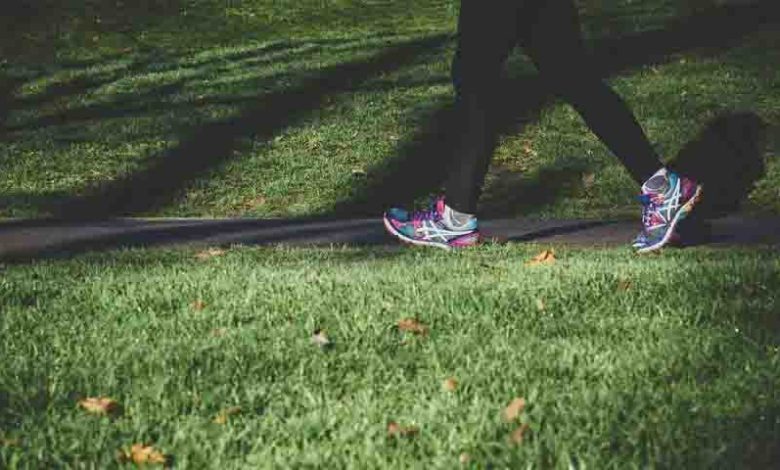Hyderabad: 7,000 steps a day, the new magic number for better health

Hyderabad: Challenging the long-standing informal target of walking 10,000 steps per day to achieve health benefits, a recent analysis published in the prestigious journal The Lancet Public Health (July, 2025) has lowered this ‘magic’ number to 7,000 steps per day. The study states that once a person starts walking 7,000 steps per day, the health benefits will plateau or become stable. For some individuals, such as those with chronic kidney disease who are on regular dialysis or who have heart disease, walking 10,000 steps per day may be a daunting task. However, such individuals can achieve substantial health benefits by walking only 7,000 steps per day. The study findings suggest that walking 7,000 steps per day significantly reduces the risk of several serious health outcomes. Walking 7,000 steps per day can reduce the risk of all-cause mortality, i.e. death from any cause, by 47 per cent.
Individuals who walk 7,000 steps will have a 25 per cent lower risk of heart disease, a 6 per cent lower risk of cancer, a 14 per cent lower risk of type 2 diabetes and a 38 per cent lower risk of dementia. Dr Sudhir Kumar, a senior neurologist and public health expert from Hyderabad, believes that every step is important for brain and heart health. An accomplished long-distance runner himself, Dr Sudhir Kumar says, “Although 10,000 steps per day may still be a viable target for those who are more active, 7000 steps per day is associated with clinically meaningful improvements in health outcomes and may be a more realistic and achievable target for some people.” Shedding more light on the benefits of walking 7,000 steps per day, the study suggests that those who achieve this target will have a 22 per cent lower risk of depressive symptoms and a 28 per cent lower risk of falls. The study also suggests that compared to the informal goal of walking 10,000 steps a day, walking 7,000 steps is a more realistic and achievable goal for many individuals, especially less active people.




